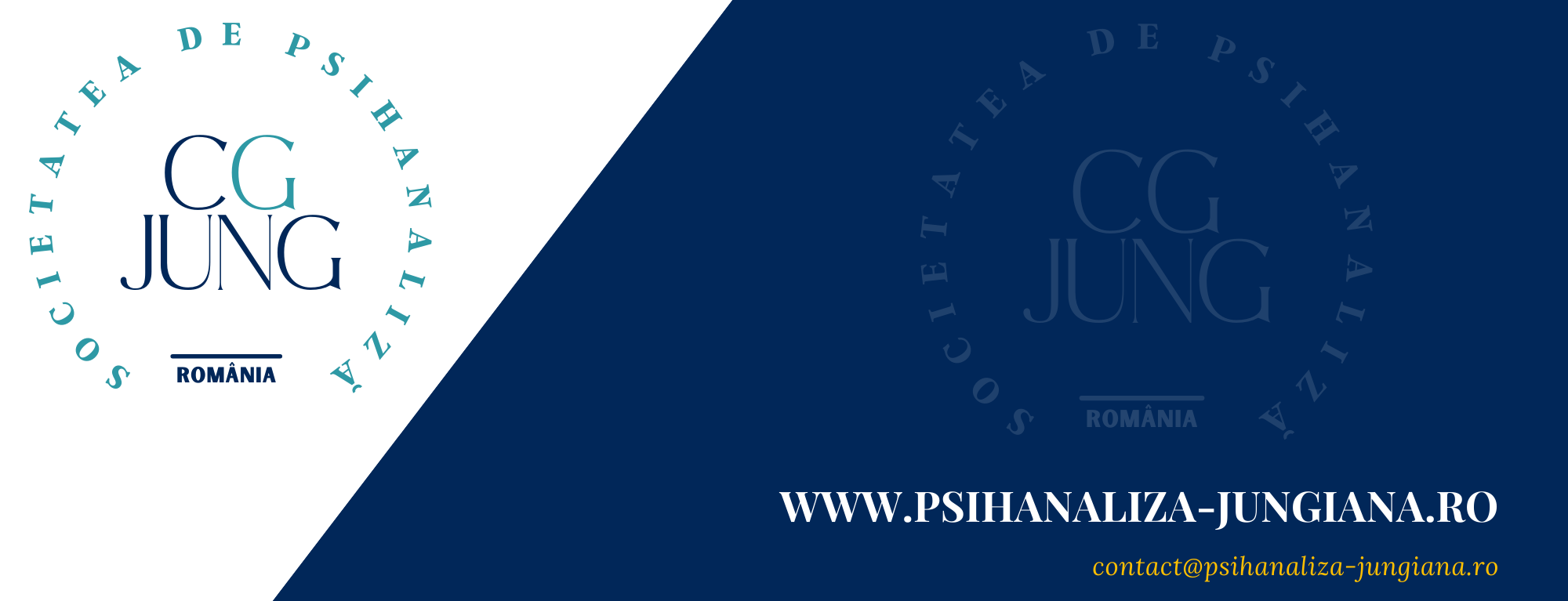The essential principles that will guide the professional activity of the Jungian psychoanalysts are:
Principle I: Respect for the Dignity of Persons and Peoples
Jungian psychoanalysts accept as fundamental the Principle of Respect for the Dignity of Persons and Peoples, and in so doing, they accept the following related values:
1. respect for the unique worth and inherent dignity of all human beings;
2. respect for the diversity among persons and peoples;
3. respect for the customs and beliefs of cultures, to be limited only when a custom or a belief seriously contravenes the principle of respect for the dignity of persons or peoples or causes serious harm to their well-being.
Principle II: Competent Caring for the Well-Being of Persons and Peoples
The Jungian psychoanalysts accept as fundamental the Principle of Competent Caring for the Well-Being of Persons and Peoples, and in so doing, they accept the following related values:
1. active concern for the well-being of individuals, families, groups, and communities;
2. taking care to do no harm to individuals, families, groups, and communities;
3. self-knowledge regarding how their own values, attitudes, experiences, and social contexts influence their actions, interpretations, choices, and recommendations.
Principle III: Integrity
The Jungian psychoanalysts accept as fundamental the Principle of Integrity, and in so doing, they accept the following related values:
1. honesty, and truthful, open and accurate communications;
2. not exploiting persons or peoples for personal, professional, or financial gain;
3. avoiding conflicts of interest and declaring them when they cannot be avoided or are inappropriate to avoid.
Principle IV: Professional and Scientific Responsibilities to Society
The Jungian psychoanalysts accept as fundamental the Principle of Professional and Scientific Responsibilities to Society. In so doing, they accept the following related values:
1. the discipline’s responsibility to increase scientific and professional knowledge in ways that allow the promotion of the well-being of society and all its members;
2. the discipline’s responsibility to use psychological knowledge for beneficial purposes and to protect such knowledge from being misused, used incompetently, or made useless;
3. the discipline’s responsibility to adequately train its members in their ethical responsibilities and required competencies.
All these principles and the values involved in them will be found, in varying proportions, in the following articles.



